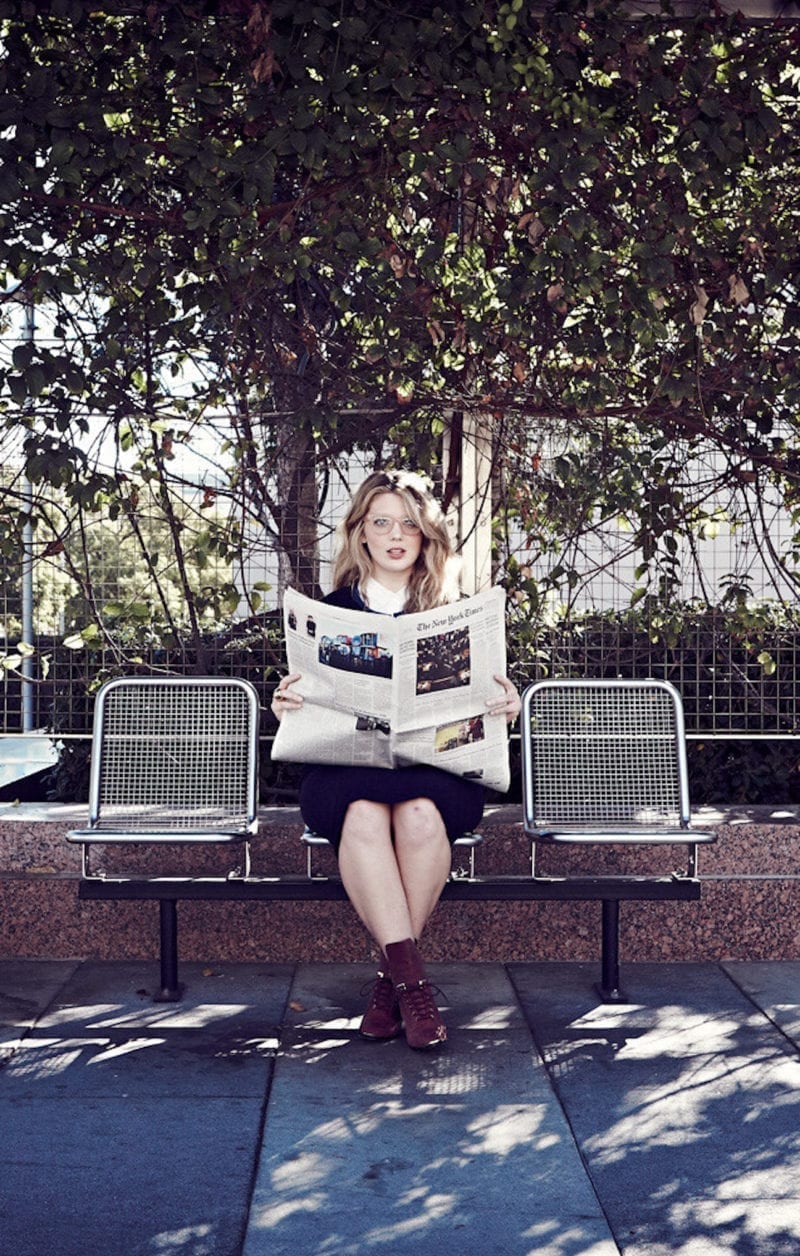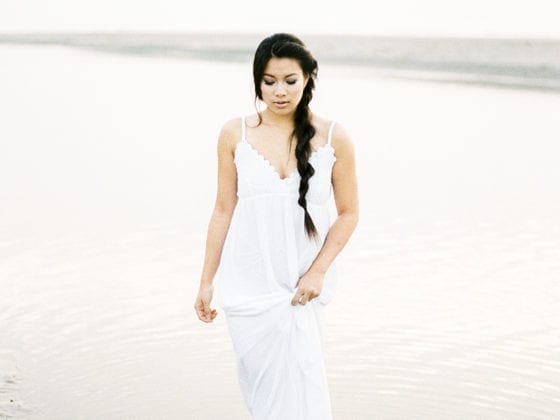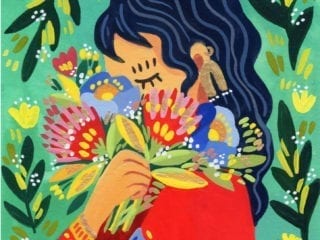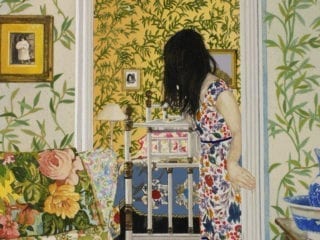“Words are seeds that do more than blow around. They land in our hearts and not on the ground.” – Unknown
Words. It has been estimated that there are, at the very least, a quarter of a million words in the English language alone; arguably far more than we will ever express or learn in one lifetime.
Appearing on the debut season of Oprah Winfrey’s masterclass series, beloved poet, memoirist and civil rights activist, Dr. Maya Angelou, spoke on the power of words.
“Words are things, I’m convinced…And someday, we’ll be able to measure their power.”
Words are a creative and artful force that hold power, revelation and impact. With a click of the tongue or a curve of the mouth, they cause us to feel and see. They help and heal. Words hold the capacity to move—to move hearts and limbs. They are important, beautiful and defining.
Words are a creative and artful force that hold power, revelation and impact.
As I sat down at my desk with a cup of hot tea in hand, ready to put pen to paper on the subject of language, I experienced every writer’s least favorite creative conundrum—writer’s block. It appears that even with dictionaries spilling over with oceans and fields of words (a quarter of a million, to be specific), it can still be a challenge to choose the right ones—to thread them together in the hope of conveying thought and meaning.
Language, with all its idiosyncrasies, is always changing and evolving. In fact, it is never set in stone. As the world moves, language moves with us, adapting to reflect our changing lives, experiences, cultures and technologies. Year after year, though developments in discourse and communication may barely be noticed, language has undergone incredible metamorphosis for centuries.
As the world moves, language moves with us, adapting to reflect our changing lives, experiences, cultures and technologies.
Some linguists even think of language as a living thing. It grows, deepens and changes, just as we do.
As language embraces new ideas and inventions, it is not only the words in our dictionaries that change. The way in which we use them can shift too. As time goes on, we see old words acquiring brand new meanings.
Here are nine words that have changed in meaning over time that might surprise you:
Travel
The term travel is said to originate from the French travail meaning work. The first recorded use of the word was in the 14th century and also links to the Middle English travailen and travelen meaning “to labour, journey and strive.”
Myriad
Today, myriad can be defined as “an indefinitely great number; innumerable.” It is a beautiful way of describing a multitude of people or things. For example, “the myriad stars of a summer night.” Flashback to Ancient Greek during the Bronze Age and “myriad’ referred specifically to the number “100,000.”
Cute
The adorable history of cute can be dated back to 1731. The term originated from acute meaning “clever, sharp and smart.” The word adopted a new meaning in 1830s America when it was used to mean “pretty” or “charming.”
Dinner
Much to my own surprise (and affirming my pancakes for dinner guilty pleasure), the word ‘dinner’ actually refers to ‘breakfast.’ The term derives from the Old French infinitive noun ‘disner’ meaning ‘take the first meal of the day’ originally stemming from the Gallo-Roman ‘desjunare’ – ‘to break one’s fast.’
Fantastic
Coming from Late Latin ‘phantasticus’, Greek ‘phantasticos’ and Middle French ‘fantastique,’ this word was used to describe all things ‘imaginary’ or ‘make believe.’ Today, of course, known for being synonymous with ‘extraordinary,’ ‘breathtaking’ and ‘brilliant.’
Girl
Though the precise origin of girl is unknown, it began popping up in English texts in the 13th century and denoted a “young person” or “child” of any gender. Today, the phrase “hey girl” serves us as a happy greeting, a Ryan Gosling meme and the title of more songs than I could count (starting with a dreamy soul tune by Freddie Scott).
Cloud
Once upon a time, the world cloud, connecting to the Old English “clud,” referred to a “hill” or a “mass of rock.” In the modern sense, it describes light and puffy particles floating in the atmosphere. If you live in England, then it’s likely that you see them a lot. If you’re like me and you’re a dreamer, then it’s likely that you gaze at them often.
Fathom
Traditionally representing ‘outstretched arms’, the word fathom now means “to come to understand” or “to get to the bottom of something.” In both Old and Modern English, a fathom is also a unit of length used to measure the depth of water.
Clue
Our modern day understanding of the word clue as a “guide to the solution of a mystery” traces back to the early 17th century. Historically, a clue (or a “clew”) was a ball of thread or yarn used to guide a person out of a maze, labyrinth or tangle.
Are there any words in your everyday vernacular that mean something different than their original definition? How can words be used to paint a picture of cultural and social trends?
Image via Angelou Koury, Darling Issue No. 7











